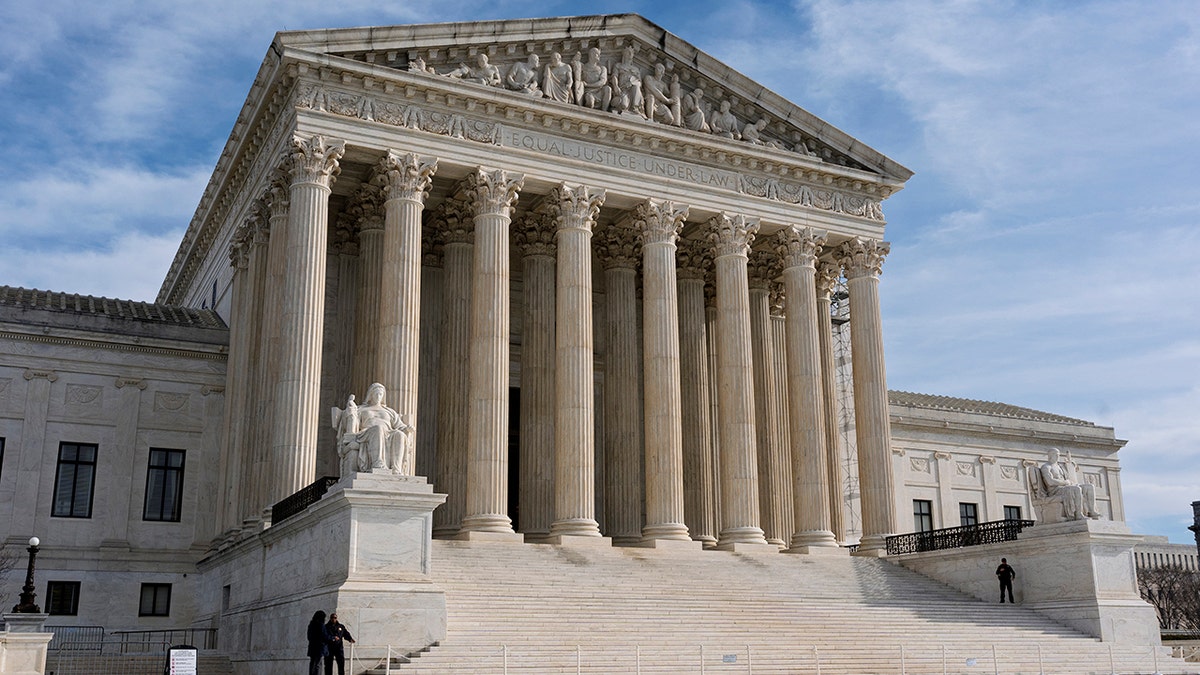A quiet legal battle, years in the making, reached its final chapter as the Supreme Court definitively closed the door on a challenge to the landmark Obergefell v. Hodges decision. The case stemmed from a former Kentucky county clerk’s persistent opposition to issuing marriage licenses to same-sex couples, a direct consequence of the 2015 ruling that established the constitutional right to same-sex marriage nationwide.
The clerk’s appeal, a last-ditch effort to revisit the established legal precedent, was summarily rejected by the nation’s highest court. This denial wasn’t accompanied by any public explanation or recorded dissenting opinions, signaling a unified stance amongst the justices regarding the settled matter of marriage equality.
The Obergefell v. Hodges decision remains the law of the land, guaranteeing the right of all couples to marry, regardless of sexual orientation. This recent action by the Supreme Court underscores the enduring strength of that foundational principle and effectively ends this particular challenge to its authority.
While the legal path for this specific case has concluded, the broader conversation surrounding rights and equality continues to evolve. The implications of this decision resonate far beyond the courtroom, impacting countless lives and shaping the landscape of American society.






